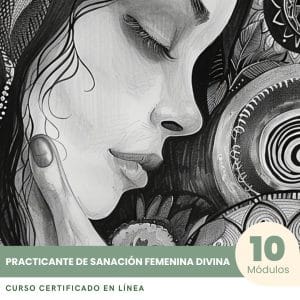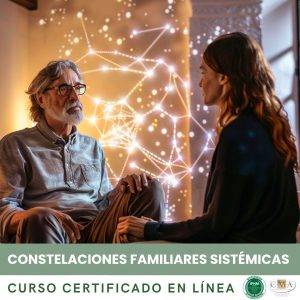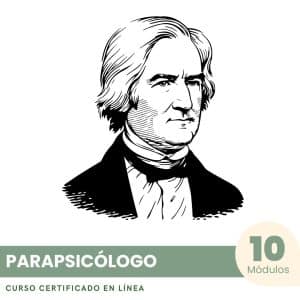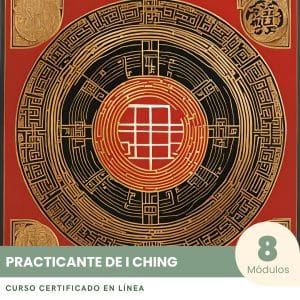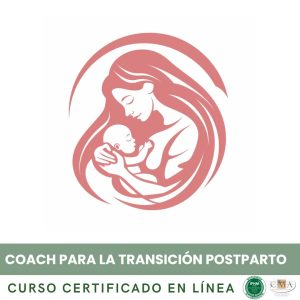1.1 – Definition and origin of the Ikigai concept

Ikigai is a Japanese concept that literally means “reason for being.” It represents what gives our life meaning, what motivates us to get up each morning with enthusiasm and determination. Ikigai is often described as the convergence of four key elements: what you love to do (passion), what you are good at (vocation), what the world needs (mission), and what you can be paid for (profession).
The origin of the term Ikigai dates back to the Heian period (794-1185) in Japan, where it was used to describe the happiness and well-being one feels when leading a fulfilling and meaningful life. Over the centuries, the concept of Ikigai has evolved and been enriched, incorporating influences from Buddhism, Shinto, and Japanese culture.
Ikigai has become particularly popular in recent years, thanks notably to the book “Ikigai: The Japanese Secret to a Long and Happy Life” by Héctor García and Francesc Miralles, published in 2016. The authors studied the lifestyle habits of the residents of Okinawa, a Japanese island known for the exceptional longevity of its population. They found that all the centenarians in Okinawa had a clearly defined Ikigai, which kept them active, engaged, and happy well into old age.
Ikigai is not a fixed or universal concept, but rather a personal and evolving one. It invites each person to explore their passions, talents, values, and worldview, in order to find what brings meaning and joy to their existence. This pursuit of Ikigai can be a lifelong journey, punctuated by discoveries, challenges, and renewals.
Discovering one’s Ikigai can bring numerous benefits, both personally and professionally. It can help to clarify one’s priorities, make decisions that align with one’s values, develop resilience in the face of adversity, and cultivate a sense of accomplishment and satisfaction. Ikigai can also foster creativity, innovation, and performance, as it encourages us to give our best in activities that captivate and motivate us.
Key takeaways:
– Ikigai is a Japanese concept that means “reason for being” and represents what gives meaning to our life.
– It is often described as the convergence of four elements: passion, vocation, mission, and profession.
– The origin of the term dates back to the Heian period (794-1185) in Japan and has evolved by incorporating influences from Buddhism, Shinto, and Japanese culture.
– The concept became popular due to the book “Ikigai: The Japanese Secret to a Long and Happy Life” by Héctor García and Francesc Miralles, who studied the lifestyle habits of Okinawa’s centenarians.
– Ikigai is a personal and evolving approach that invites each person to explore their passions, talents, values, and worldview to find what brings meaning and joy to their existence.
– Discovering one’s Ikigai can bring numerous personal and professional benefits, such as clarifying priorities, developing resilience, cultivating a sense of achievement, and fostering creativity, innovation, and performance.
👉 To download docx (Editable) file click here : Click here
👉 To download PDF file click here : Click here
👉 To download MP3 file click here : Click here






